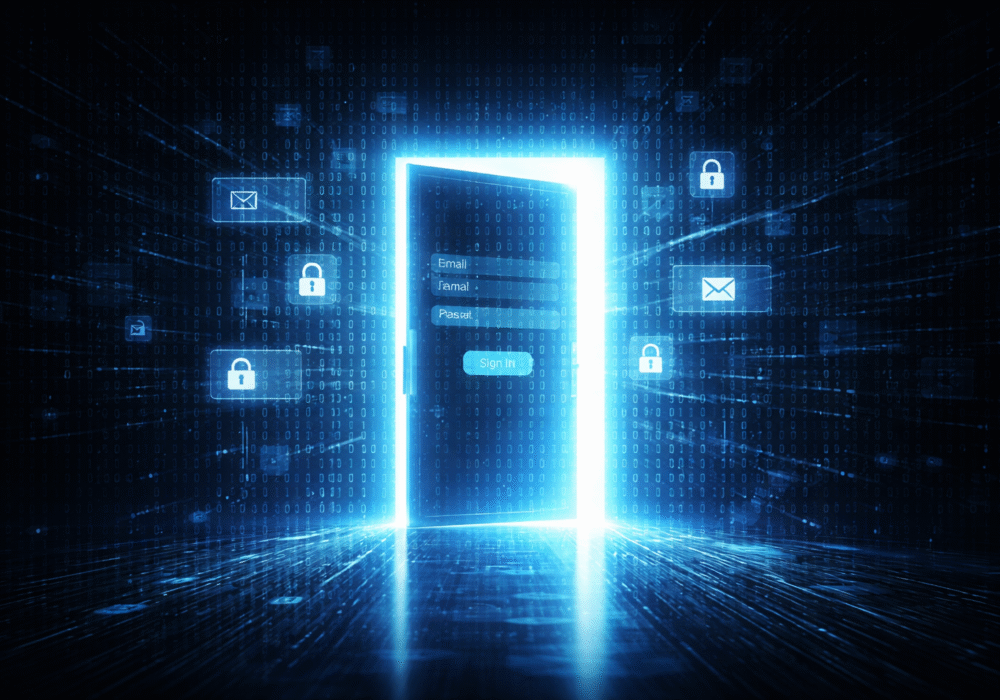Digital Rights Management (DRM) are measures taken to protect digital media copyrights. DRM tries to prevent unauthorized redistribution of digital media and places restrictions on the ways consumers can copy content they’ve purchased. DRM products were developed in response to the rapid increase in online piracy of commercial material due to the widespread use of peer-to-peer file sharing programs (Pirate Bay). DRM embeds codes that prevent duplicating digital content and specifies a time period in which content can be accessed. It also limits the number of devices the media can be installed on.
Although digital content is protected by copyright laws, policing the Internet and catching law-breakers is very difficult. DRM technology focuses on making it impossible to steal content in the first place, a more efficient approach to the problem than the strategies aimed at arresting online poachers after the fact.
Source: TechTarget, Vitrium
Related Reading:
A Timeline of File Sharing from the 70’s to today
4 Challenges in Digital Rights Management Today
For the average SMB, you will be more concerned about preventing DRM abuses in your computing environment and on your laptops and desktops by employees. You cannot turn a blind eye to DRM violations because the enforcement of fines for infractions falls on the business and equipment owners. Make sure you have a policy (perhaps your acceptable use of computers policy) which prohibits all copyright infringement use of your company assets. If you’re an online game developer, movie or music distributor, or e-Book publisher DRM is at the top of your concerns list. This article won’t solve your various problems: poor user experiences, geo-location restriction issues, poorly implemented DRM etc. For these problem you need to turn to professional council from industry technology and legal experts. CyberHoot cannot help on this issue unfortunately.
Discover and share the latest cybersecurity trends, tips and best practices – alongside new threats to watch out for.

And yes, Google's Gemini AI had no idea it was working for the bad guys. Malware has always followed a script....
Read more
Ransomware groups are not breaking in organizations the same way they did five years ago. The entry methods have...
Read more
If a Chrome extension promises to remove security pop-ups and generate MFA codes, that should make you...
Read moreGet sharper eyes on human risks, with the positive approach that beats traditional phish testing.
